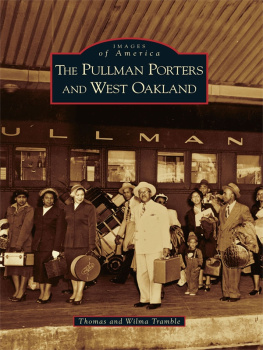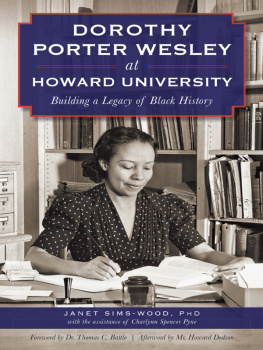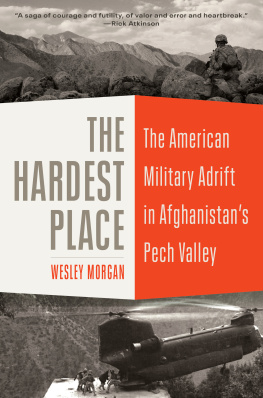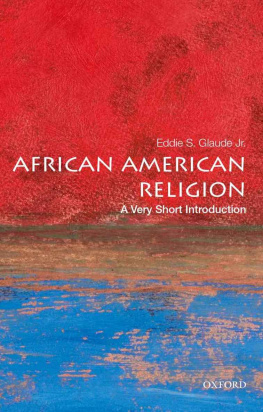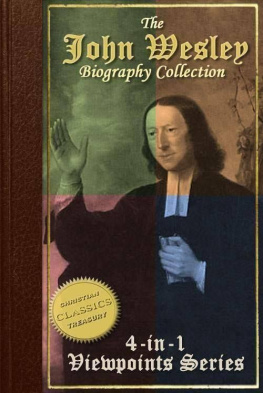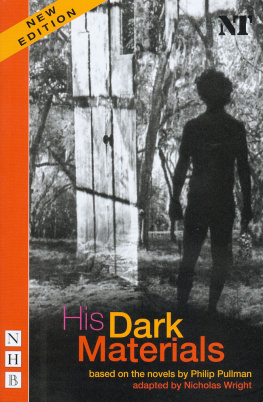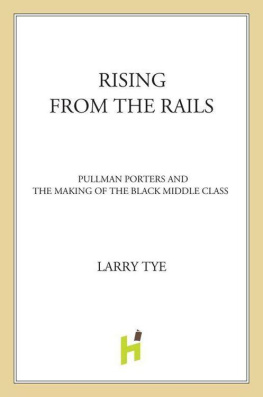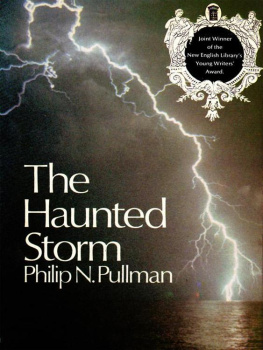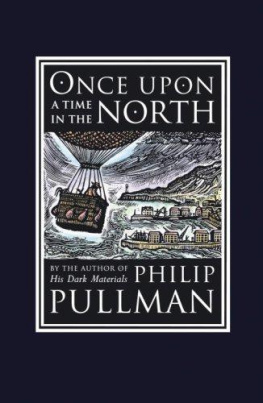First published by Garland Publishing, Inc
This edition by Routledge:
Routledge
Taylor & Francis Group
270 Madison Avenue
New York, NY 10016
Routledge
Taylor & Francis Group
2 Park Square, Milton Park
Abingdon, Oxon OX14 4RN
Copyright 1995 Wesley E. Pullman
All rights reserved
Library of Congress Cataloging-in-Publication Data
Pullman, Wesley E., 1949
African American men in crisis: proactive strategies for urban youth / Wesley E. Pullman.
p. cm. (Children of poverty)
Includes bibliographical references (p. 262) and index.
ISBN 0-8153-2141-4 (acid-free paper)
1. Social work with Afro-AmericansCase studies. 2. Afro-American boysServices forCase studies. 3. Social work with youthUnited StatesCase studies. I. Title. II. Series.
HV3181.P85 1995 95-9660
362.8496073dc20
Chapter 1: Fallen Heroes or Forgotten Victims
The challenges and obstacles to full participation of African American men in the mainstream economic and social structure of American life is rapidly becoming an area of public debate. Amidst record breaking homicide rates, media sensationalism and popular stereotypes, people are inclined to forget that the most frequent victims of urban violence are young black men. The scholarly works of modern pioneers such as Gary (1981), Staples (1982), and Gibbs (1988) reflect an emerging focus on this fact. By labeling black males in America as an endangered species, Gibbs (1988) creates a graphic metaphor for a social crisis of major proportions. Nevertheless, little has been written about projects programs or strategies designed to address identified problems such as high rates of incarceration, homicide victimization, unemployment, and educational disruption among black males in American society.
This critical condition has been the subject of profound philosophical debate among a small community of scholars whose concerns reflect a mutual commitment to the political and socioeconomic empowerment of African American people, in general, and black men in particular (Bowser 1990; Gary 1981; Gibbs 1988; Madhubuti 1990; Staples 1982; Wilson 1991). The combined perspective can be described as occurring within the context of racial discrimination and focusing on the adaptive responses incorporated by minority people in an ethnically stratified society (DeVore and Schlesinger 1987; Gordon 1978). If the quantity of academic publication is any indicator of official interests, this small community of scholars is more closely likened to a voice crying in the wilderness than to the harbinger of a new age. Little has been done to address the critical needs of black men or the concerns expressed by this group. As rates of crime, incarceration and violence continue to soar, it appears that amelioriative strategies, exclusive of get tough law enforcement policies, have been left to the devices of local grass roots organizations and private voluntary agencies (Jeter 1993; Seigel 1993; Wilson 1991).
Efforts to address the crisis of violence, unemployment, and incarceration (Gary 1990; Gibbs 1990; McGhee 1984) affecting black men in America have resulted in local initiatives to create specialized programs in churches, neighborhoods, communities and some schools (Wilson 1991). Concerns about lost cultural heritage compel some academics to call for a return to systematic efforts in the socialization processes for African American youth by suggesting a renaissance of knowledge about traditional African rites and ceremonies (Karenga 1977; Kilson and Rotberg 1976; Nobles 1974b; Vizedom 1976; Warfield-Coppock 1990).
Identifying and recognizing African traditions in American culture has been a continuing source of controversy (Frazier 1939; Herskovitz 1958; Hollaway 1993) which reflect some of the underlying racial tensions which comprise American culture (Myrdal 1944; Reuter 1927; Wacker 1983). Efforts to create culture specific manhood training, male socialization and rites of passage for young black men have generated some controversy in academic and political circles. An example of this controversy can be seen in the discontinuation and subsequent conflict over a Milwaukee school-based program designed specifically for black males (Leake and Leake 1992; Toch 1991). In spite of the tension, however, similar programs continue to operate in other localities (Collison 1991).
Community organizers, group counselors and school social workers all have a vested interest in this subject because specialized efforts are being developed in each of these venues (Asante 1991; Frye 1990; Lee 1987; Wilson 1991). Whereas sociological studies and explanations of the issues are important, implementation of proposed solutions based on scientific inquiry place the burden on policy makers, social workers, educators and other helping professionals to apply new knowledge in meaningful ways.
The study utilizes a constructivist research strategy based on the naturalistic model developed by Lincoln and Guba (1985) and elaborated upon in later works (Guba and Lincoln 1989). The research goal is to discover and articulate common themes based upon the claims, concerns and issues voiced by people who are actively involved in developing programs for young black men. Constructivist inquiry is uniquely appropriate for this policy research approach (Majchrzak 1984) because the issues and concerns have yet to be fully defined by the available academic literature.
Multiple data collection strategies include participant observation, structured interviews and collection of physical documentation from program sites located in three mid-Atlantic coastal cities. Case study comparisons of programs were used to identify conceptual similarities and differences. The end result is intended to provide readers with a conceptual framework for understanding the operating principles behind specialized programs designed to facilitate positive social adjustment for young black men in urban settings. The study findings provide an empirically based body of knowledge, offering a comprehensive description of the claims, concerns and issues (Guba and Lincoln 1989) as presented by people active in the field.
Statement of Purpose
The essential rationale for this work is that there is a need to clarify the basic issues and to achieve a better understanding of the obstacles facing young black men in our society. This subject is important to social workers and social scientists alike, because it strikes at the heart of contemporary concerns about ethnic sensitivity and human need in a pluralistic society (Carter and McGoldrick 1988; DeVore and Schlesinger 1987; Pinderhughes 1988; Schaefer, 1990). Secondly, there is a need to develop a broader consensus on policy development surrounding these concerns. Finally, there is a need to provide more academic resources with which to inform social work practice as it pertains to addressing the problems of at risk urban youth.




